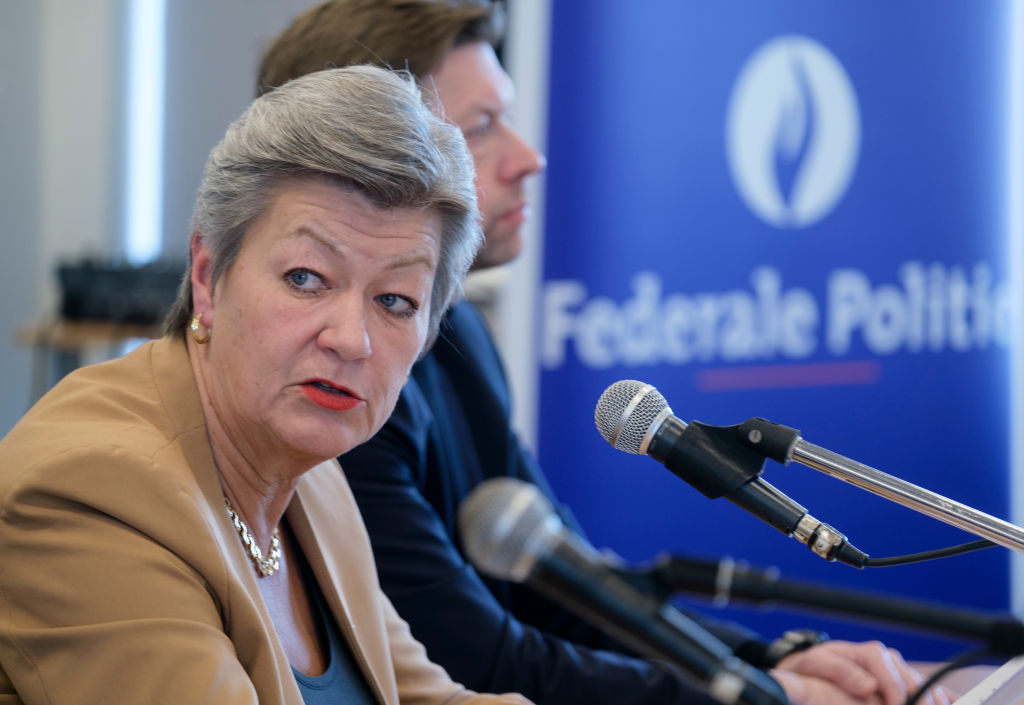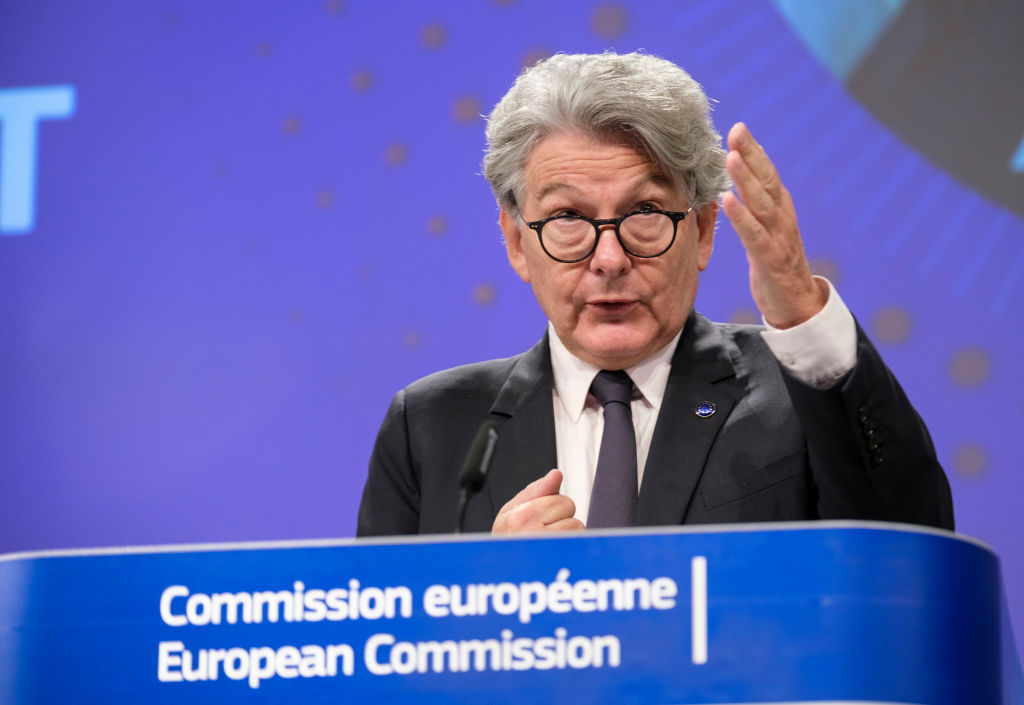The European Commission has defended its decision to hand cash to Libyan authorities amid claims that such support is being used to fund “crimes against humanity”.
Brussels has attempted to play down the concerns aired by the United Nations regarding human rights abuses in the country, with officials insisting that continuing to finance the Libyan Government is the best course of action for the European Union.
“In the challenging circumstances in the country, halting EU assistance would only worsen the situation on the ground,” EU Neighbourhood and Enlargement Commissioner Olivér Várhelyi said.
He added that the EC took issue with certain elements of the UN’s investigation, which reportedly uncovered instances of murder, rape and even slavery that it believes were supported with European funding.
Várhelyi’s statement came in response to a parliamentary question from left-wing MEP Sandra Pereira regarding the UN allegations.
According to the document published earlier this year, Libya’s Directorate for Combating Illegal Migration, its coast guard and other security agencies had all been engaged in serious human rights abuses.
Such crimes reportedly included arbitrary arrests, murders, torture, rape, slavery, sexual slavery, extrajudicial executions and disappearances.
“These entities received technical, logistical and monetary support from the European Union and its Member States for, inter alia, the interception and return of migrants,” the report claimed.
Pereira asked the EC whether it was considering the possibility of ending migrant-related aid to the North African state. The Commission said it was not.
It is not the first time Brussels has shrugged off criticism of its support for Libyan authorities.
When the document was published, UN investigator Chaloka Beyani claimed that the EU effectively “aided and abetted” human rights abuses in the region by supporting local authorities.
That was dismissed by the EC’s foreign affairs spokesman Peter Stano who added that such “incidents” were to be expected in the region.
“Of course, there are incidents,” he said in March. “There are issues which are a source of concern. We try to address them with the partners in Libya, with the international partners.”
Despite the allegations, Stano insisted that “not doing anything is not an answer” to the region’s problems.





